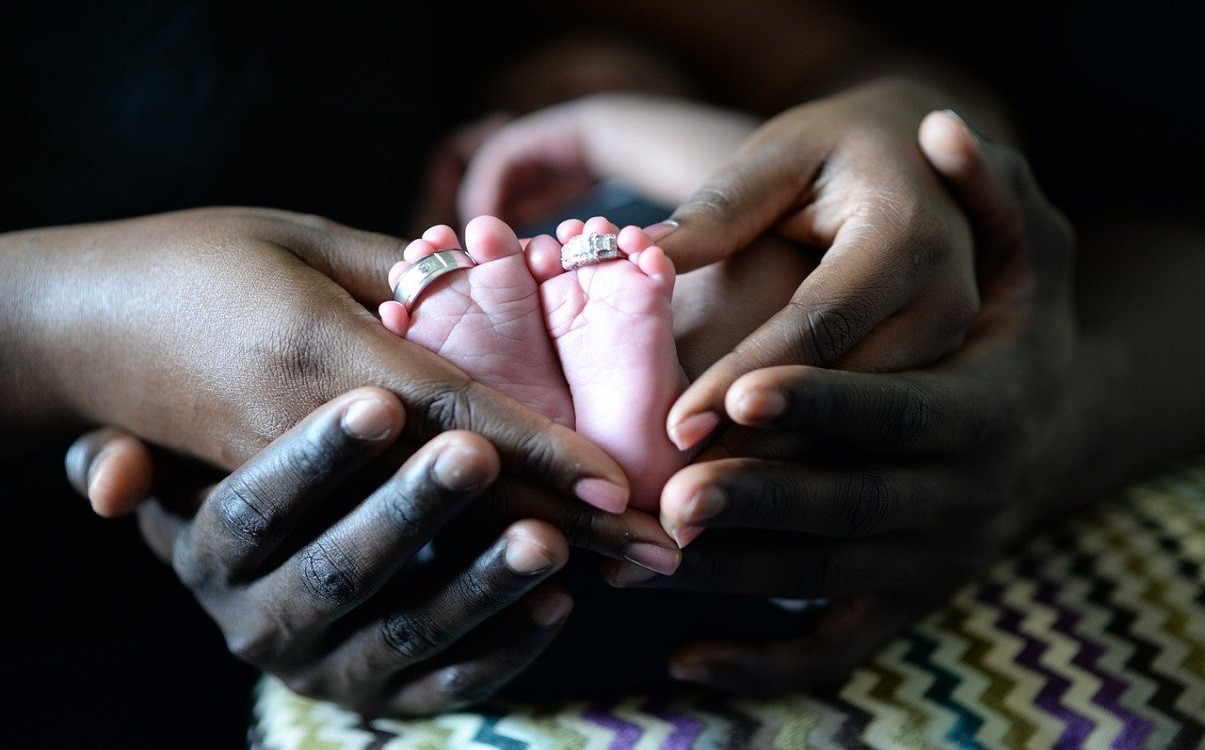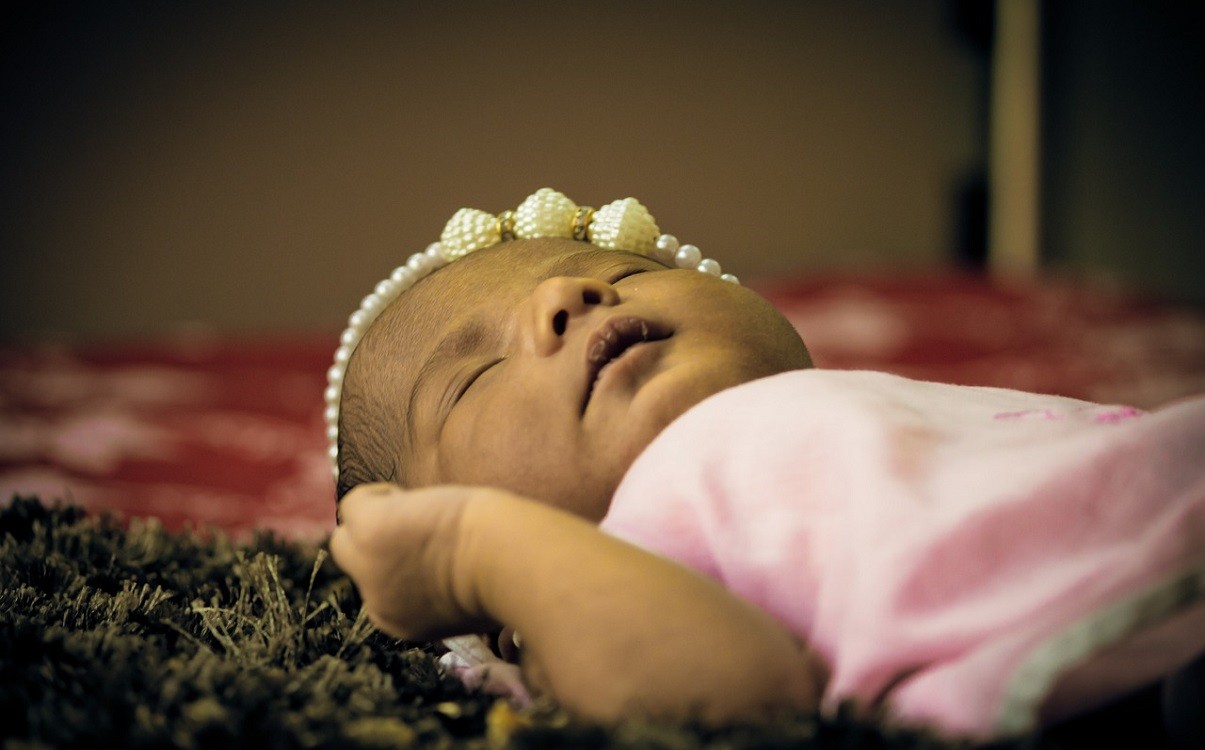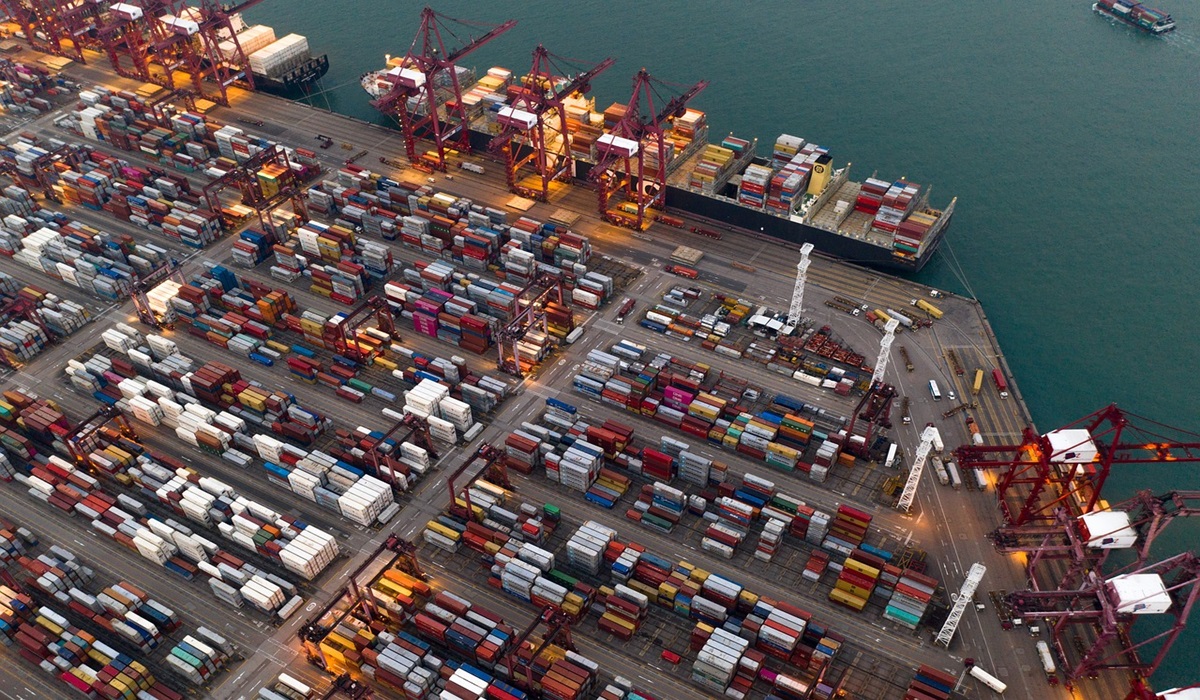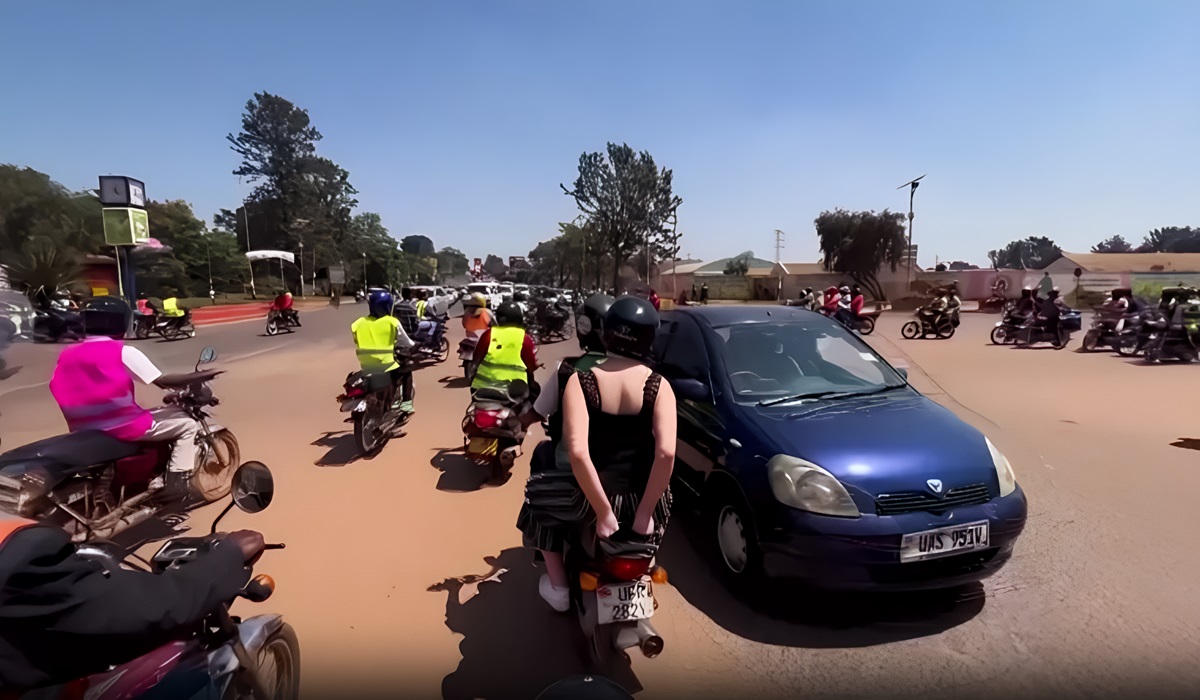First baby born to COVID-19 positive mother in Africa remains in isolation.
On April 6, 2020, at 11:12 pm, Dr Yaneu and his team, welcomed the worlds first baby born to COVID-19 positive mother at the central hospital of Yaoundé Cameroon. Both mother and child are doing well and remain in isolation. The Doctors are still awaiting test results to see if the virus has been transferred to the newborn.

South Sudan confirms the first case of COVID-19
The Ministry of Health of South Sudan has reported the country’s first case of COVID-19. The patient, a 29-year old female returned from the Netherlands on 28 February 2020 via Addis Ababa.
The patient developed fever, cough, headache and shortness of breath and was identified by the authorities on 2 April 2020 that subsequently led to confirmation on 4 April 2020 by the National Public Health Laboratory in Juba.
She has no history of underlying or pre-existing illness. She is in isolation and is in good health.
Time is critical now, we must now focus on tracing the people that the patient may have come in contact with to be able to isolate, test and provide them with medical care
South Sudan is one of the 47 countries in the World Health Organization (WHO) African region. This is the 44 confirmed case of COVID-19 in the WHO African region: so far there have been confirmed cases in 43 countries.

“With the confirmation of the first case of COVID-19 in South Sudan, the virus is now a reality, said Dr Olushayo Olu, WHO Country Representative to South Sudan.
“Working with the Ministry of Health and partners, WHO has shifted its focus from readiness to response. Time is critical now, we must now focus on tracing the people that the patient may have come in contact with to be able to isolate, test and provide them with medical care as the need arises,” said Dr Olu.
WHO has provided technical and material support to countries in Africa, including South Sudan since the COVID-19 outbreak was declared to be a public health emergency of international concern. WHO has provided testing kits to national laboratories as well as training to laboratory technicians. WHO has dispatched personal protective equipment for health workers, as well as thermometers and other essential supplies for screening and handling suspect cases at airports and other points of entry.
While there is still much to learn about COVID-19, people can take actions to prevent the disease through simple, day-to-day measures. These include regular handwashing with soap and water; coughing into a tissue or a bent elbow, being sure to safely dispose of the tissue afterwards; maintaining a social distance of at least one meter, particularly if that person is coughing; avoiding touching the eyes, nose and mouth; and seeking medical attention early if a person develops a fever or cough.
You May Also Like
UN Pleads For Early Release Of Eritrean Prisoners









